
Indian and Vietnamese Prime Ministers Hold Talks on Enhancing Bilateral Cooperation
Indian Prime Minister Narendra Modi and his Vietnamese counterpart Pham Minh Chinh held extensive talks on Thursday, focusing on strengthening cooperation in defense, security, trade, and other areas. The meeting took place in New Delhi and underscored the growing partnership between the two nations.
“Vietnam is our important partner in our Act East Policy and the Indo-Pacific vision,” Modi said during a joint appearance with Chinh. “We will continue to cooperate for a free, open, rules-based, and prosperous Indo-Pacific.”
The Act East policy aims to enhance India’s economic and strategic ties with countries in the Indo-Pacific region, particularly the 10-member ASEAN bloc.
To solidify their comprehensive strategic partnership, both leaders adopted a new plan of action, including defense and security cooperation. This included the joint inauguration of an army software park in Vietnam and the establishment of a $300 million credit line to bolster Vietnam’s maritime security. The army software park, located at Telecommunications University in Nha Trang, Vietnam, is designed to provide IT and foreign language training to Vietnamese defense forces with Indian assistance.
Chinh highlighted the deep and enduring friendship between Vietnam and India. “Vietnam and India are close, trusted, and faithful friends who have stood shoulder-to-shoulder throughout history and will continue to do so,” he said.
Both leaders emphasized the importance of ensuring peace and stability in the South China Sea, advocating for the peaceful settlement of disputes in accordance with international law, particularly the United Nations Convention on the Law of the Sea (UNCLOS) 1982.
The historical and civilizational ties between India and Vietnam were elevated to a comprehensive strategic partnership during Modi’s visit to Vietnam in September 2016. Harsh V. Pant, vice president of studies and foreign policy at the Observer Research Foundation, noted the “striking similarities” in how both countries approach foreign relations, emphasizing their strategic autonomy and multi-alignment with major powers.
China’s growing influence in the region remains a concern for both India and Vietnam. Despite recent tensions, Vietnam has maintained a balanced relationship with China while fostering stronger ties with other nations, including the U.S. and India.
At the start of the meeting, Modi expressed condolences on behalf of all Indians for the death of Nguyen Phu Trong, Vietnam’s paramount leader, who passed away last month at the age of 80.
The talks also covered the green economy and emerging technologies, with several cooperation pacts signed in areas such as customs capacity building, agriculture research, education, the legal field, radio and television, and medicinal plants.
On the trade front, Chinh called for increasing bilateral trade to $20 billion, up from the current $14.8 billion. He suggested exploring a suitable Free Trade Agreement (FTA) between Vietnam and India to expand market access for each other’s products.
Chinh also encouraged Indian businesses to invest more in Vietnam, particularly in high-quality human resource training, semiconductors, technology innovation, green hydrogen, pharmaceuticals, renewables, and biotechnologies.
India’s expertise in pharmaceuticals and communications was a key focus of the discussions. In the electric vehicle sector, Vietnam’s VinFast automaker is building a factory in India, aiming to leverage India’s IT prowess.
Chinh’s visit to New Delhi, which began late Tuesday at Modi’s invitation, is his first as the head of the Vietnamese government and the first visit by a Vietnamese prime minister to India in a decade. The visit concluded on Thursday evening.
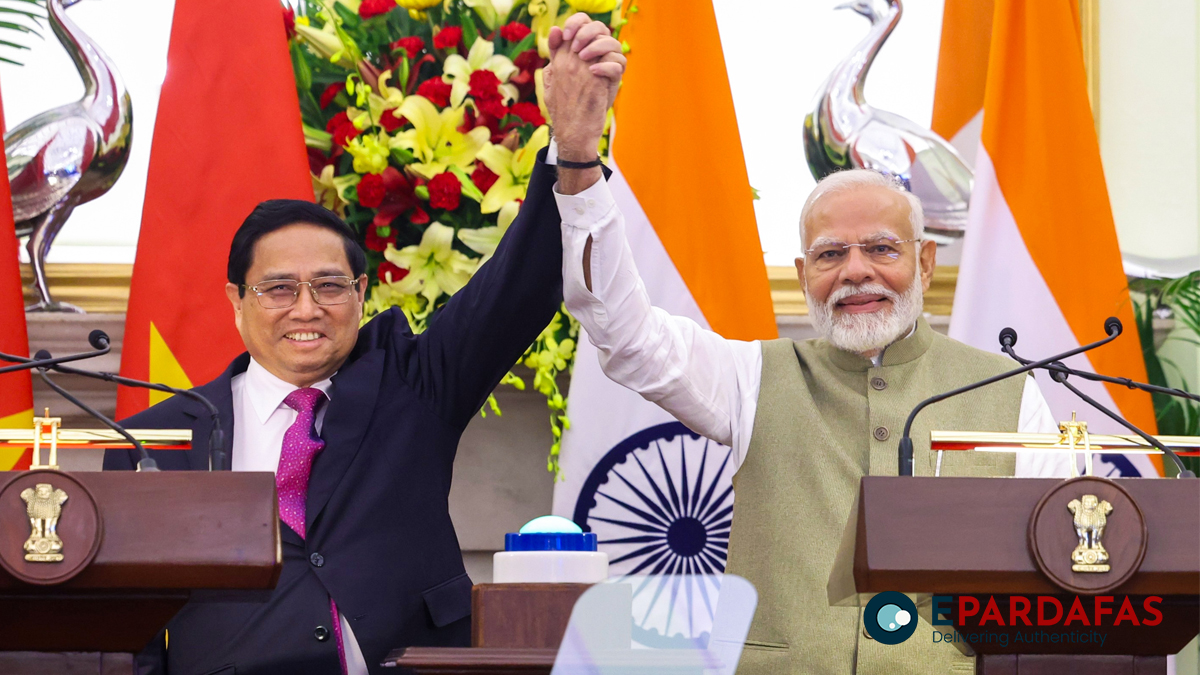
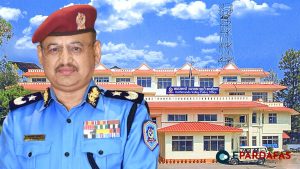
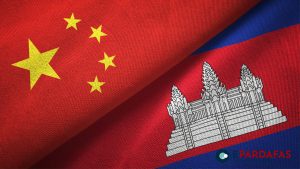
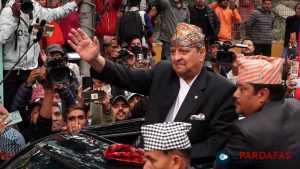
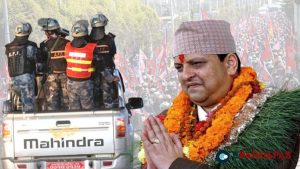

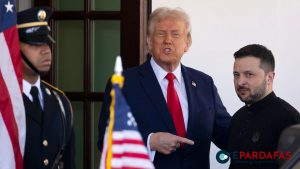

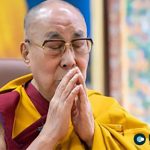



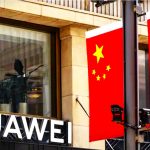
Comments